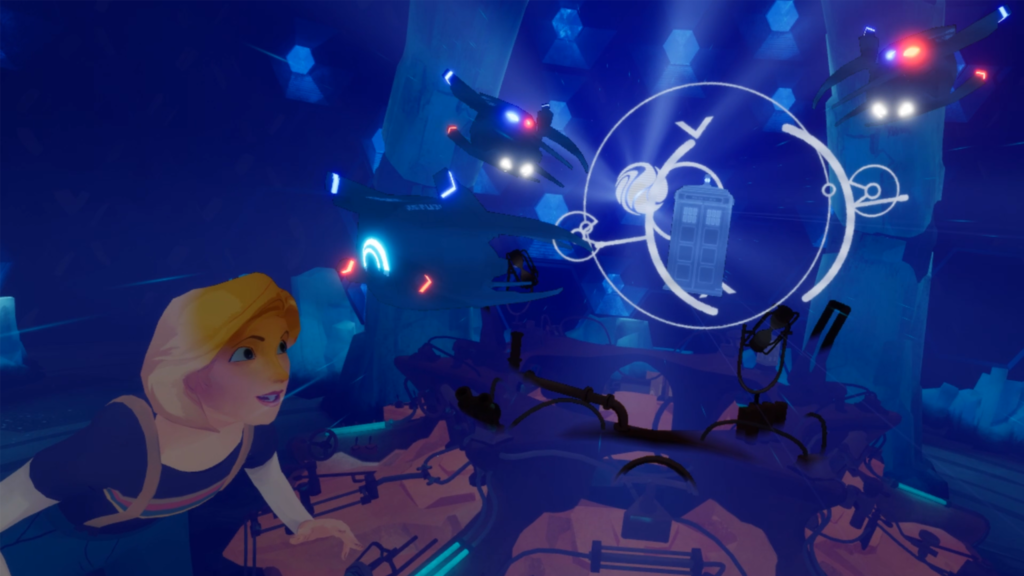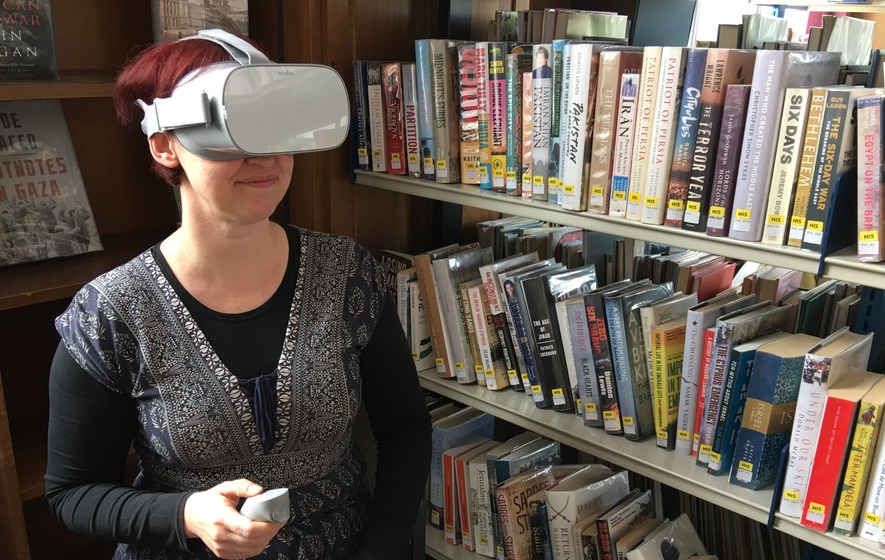BBC Winds Down its In-House VR Hub
BBC has been an early adopter and huge supporter of virtual reality over the past few years, producing some of the best and award-winning virtual reality content. Its massive VR rush was unique among the media houses. Now BBC is set to kill its VR initiative by closing its BBC VR Hub programme. The decision was quietly announced at the end of a lengthy BBC blog post that hailed the VR unit’s achievements over the past two years of its existence. The latest BBC move brings into question the viability of consumer VR at this juncture. In spite of massive investments, the pace of growth and uptake has remained sluggish.

In the blog post, BBC announced that it is going to produce one last virtual reality hit before it finally winds down. The VR experience will be known as Missing Pictures. Head of the division Zillah Watson stated that the broadcaster plans to wrap up the “commissioning and production work” once that project is through. BBC has stated that it will continue identifying “audience opportunities for VR” and also licensing its current catalog of VR content. BBC will also carry out a cross-country VR tour of the UK public libraries that will provide the British public with the opportunity to experience its work.
This news comes on the back of Google’s decision to discontinue its Daydream View VR headset early this week, with the tech giant announcing that its new smartphones Pixel 4 and Pixel 4 XL will not support the Daydream headset which effectively puts an end to the platform. Google had admitted that there was simply no broad consumer or developer adoption of the platform to justify continued investments.

In a further indication that the low-cost VR headset segment is being dealt a death-knell, Samsung had earlier on announced that it was excluding support for its low-end Gear VR headset from its new Galaxy Note 10 smartphone. One of the reasons why the phone-based virtual reality setup is losing steam is that it drains the battery on the smartphone pretty quickly. Also, a phone that is secured in front of a user’s eyes in a VR headset can’t be put into other uses. However, more broadly, consumers simply prefer to experience their VR through a good quality high-spec virtual reality headset that will deliver the goods and there are some good standalone VR headsets that now accomplish that.
The first generation of virtual reality headsets, the legacy headsets that first immersed us into the world of virtual reality simply can’t keep up with the pace of technological innovation in VR hardware. The rudimentary hardware have now been superseded by new high-spec standalone virtual reality headsets which are not based on smartphones and which work without tethering to PCs. These are the headsets such as HTC Vive Cosmos Oculus Quest and Oculus Go. Such standalone devices have contributed to the healthy growth for the virtual reality headset market according to a report by the analyst house IDC.
However, in spite of the growth in the standalone headset market and in spite of the fact that many of BBC’s virtual reality productions have targeted this segment of the market, the uptake was still fairly low. BBC’s VR productions attracted only “tiny audiences” compared to the more traditional content from the broadcaster. The broadcaster did not share the stats for the output of its VR Hub.
The BBC VR Hub produced and commissioned virtual reality films such as Trafficked that allowed viewers to watch from the perspective of a woman who had been trafficked into slavery. There was also a VR spacewalk film known as Home. BBC’s VR Hub also created a virtual reality drama that was based on their hit show Doctor Who. The final product from the studio was known Mississippi Pictures which features film directors like Abel Ferrara discussing the productions that they have not been able to bring to cinemas.
BBC however stated that the other divisions of the BBC might still opt to produce virtual reality content by making use of the learnings of its shuttered hub.
With top tech players winding down some of their virtual reality projects, perhaps it was only a matter of time before a cash-strapped broadcaster such as the BBC also pulled the plug on its VR projects for now.
https://virtualrealitytimes.com/2019/10/18/bbc-winds-down-its-in-house-vr-hub/https://virtualrealitytimes.com/wp-content/uploads/2019/05/BBC-Conducting-Virtual-Reality-Tour-Across-Libraries-in-the-UK-600x380.jpghttps://virtualrealitytimes.com/wp-content/uploads/2019/05/BBC-Conducting-Virtual-Reality-Tour-Across-Libraries-in-the-UK-150x90.jpgBusinessBBC has been an early adopter and huge supporter of virtual reality over the past few years, producing some of the best and award-winning virtual reality content. Its massive VR rush was unique among the media houses. Now BBC is set to kill its VR initiative by closing its...Sam OchanjiSam Ochanji[email protected]EditorVirtual Reality Times - Metaverse & VR
